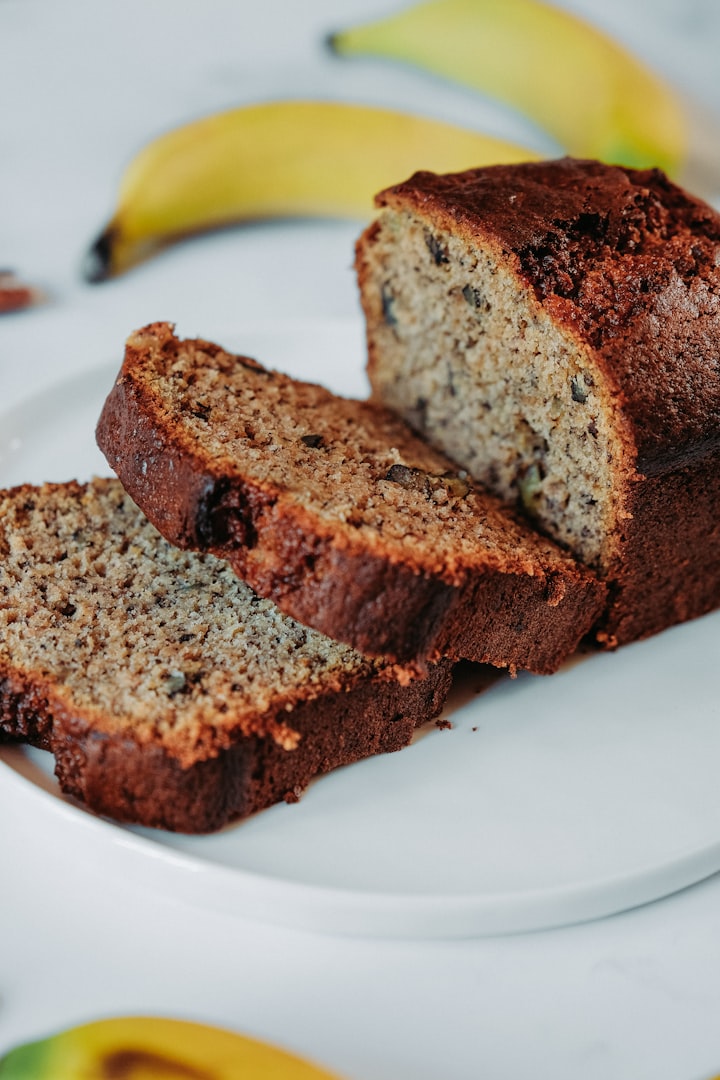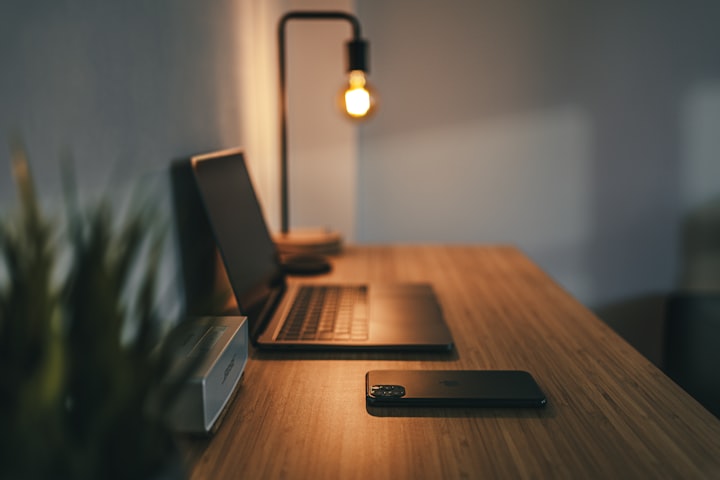Procrastination
A story I would have preferred to write tomorrow

My problem
Last year, when it all kicked off, everyone spent quite a bit of time talking about how they were filling their time. Being a caring and interested individual, I was heartened to hear how well some people were doing – lots of us, in fact, had used the time trapped indoors to develop their interests, and pick up new ones.
Now, I hate to brag, but must confess - I too used lockdown to get better acquainted with a previously neglected skill.
"What was it?!", I hear you ask.
Unfortunately, I did not spend my time learning the banjo or force-feeding my family banana-bread. My newfound skill – you may have guessed – was procrastination, putting things off, the enemy of well-meaning students everywhere.
I had dabbled with procrastination before - had my moments, of course, but during lockdown I progressed from amateur enthusiast to semi-professional. Indeed, if procrastination had an Olympics, I would have at least thought about turning up (before going off and doing something else).
Instead of sitting down to study, I found new and innovative ways to waste time.
I got creative.
One sunny day in April, I made a scale model of the Sydney Opera House out of cardboard and tin foil, and for a while got really into watching youtube videos about tornados (which are definitely worth a watch, by the way). My dog came to fear the word 'walk', now symbolic of aimless and endless ambles around my town. I tried anything, if it meant I could avoid working.
My (sort-of) redemption
So what happened to me when I realised my problem? How did I give up on putting-it-off? To tell the truth, I have not redeemed myself entirely. I've continued to find that working online makes studying difficult, and it is harder to focus than others.
However, I've learnt a few things that have helped me to ease the effects of procrastination. Go on, give 'em a try.
Ditching the phone
In a sense, life is harder for students today because we all have besides us an object with infinite addictive potential, full of apps literally designed to make us come back. Recent research has shown that it takes, on average, 23 minutes to get back to a task after receiving 1 (one!) notification, and that some of us focus for only 20 seconds before looking for a distraction.
In my experience, limiting time you spend on your phone is THE most important thing to start making studying more productive.
How do you ditch the phone?! Perhaps you have the self-control to switch it off, or otherwise try apps like Forest (which stops you looking at your phone, and plants trees in the meantime) - these can help you feel more accountable for your phone use. Online study spaces like StudyStream can also make you feel accountability while you study, and are definitely worth a try... ;)
When I deliberately ditch the phone for the day, I try to remind myself that it will be all the more rewarding to check my many notifications later (oh, there still aren't any).
Setting Achievable Goals
Do your to-do lists look something like this?
#47: Complete prize-winning thesis
#48: Befriend Pope
#49: Make banana bread, again
Stop! How dare you turn your to-do this into a record of lies? I too, reader, was guilty of such ambition. Perfectionism was my downfall.
"Perfect is the enemy of the good" - ya boi Voltaire
I've found that it's much better to set genuinely achievable to-do lists. You can try planning techniques to structure your day, like the Pomodoro Technique (which involves working for short bursts and having regular breaks, without checking your phone) or the Flowtime Technique (which involves actively noting the time you spend working and taking breaks). Play around with different techniques to see what works for you.
When you do write a to-do list, make it manageable - something that can realistically be achieved in a day. Otherwise, you can end up making yourself feel guilty despite having done enough work! Excess guilt is no fun.
Being Friends With Yourself
No, I don't mean this in a sad imaginary-friend kind of way - I'll have you know, I have lots of friends. Good friends.
I mean that studying, especially at the moment, can be really hard. Sometimes, it just is. Therefore, it's important to acknowledge that you are a human being - much of my problems with procrastination came about because, instead of thinking of myself as a ordinary person with feelings, I thought of myself as a revision-computer - a glitchy one, in need of an update. I expected too much of myself, thinking I could spend all day studying, and viewed things I did actually enjoy (like making opera houses out of household materials) as obstacles to academic achievement.
I found I procrastinated less when I stopped viewing these things as 'obstacles', but made time for them as 'things I enjoyed'. Instead of these being guilty methods of procrastination, I acknowledged that I needed downtime and distractions from work. And these methods of procrastination can lose their power when we make time for them outside of working hours.
I promised myself that I'd have evenings and saturdays off, and this decision definitely made me more productive, because I knew when my working hours were, and had something to look forward to. Setting limits to your working hours is good for your productivity, and generally makes life that bit more bearable.
So, to summarise:
Phones = bad.
Being realistic = good.
Being kind to yourself and taking time off = good.
Banana bread = bad! (my views alone)
-----
Check out StudyStream to improve your productivity and meet a global community of students all working to fight procrastination! For other tips and student experiences, read our blog.
*The word 'procrastination' comes from the Latin prefix pro- (meaning "forward") and crastinus (meaning "of tomorrow") - 'putting forward to tomorrow'. To think, these are the sort of fun facts we'd all know if we spent less time staring at our phones.






Comments
There are no comments for this story
Be the first to respond and start the conversation.